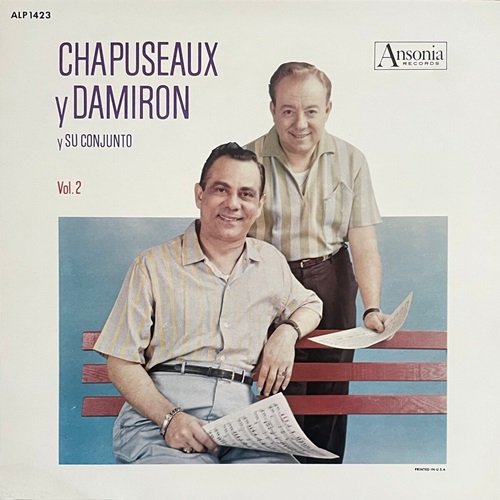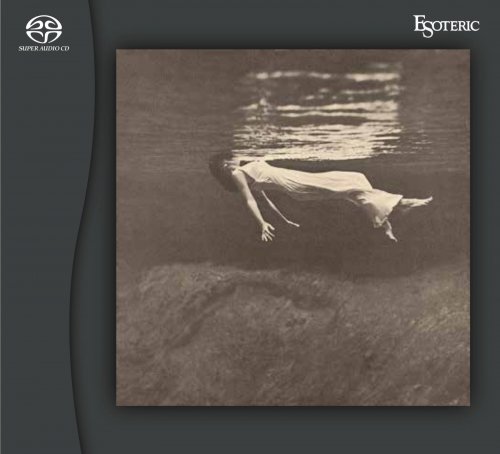Charlie Parker – Charlie Parker Story On Dial Vol. 2 (1986)
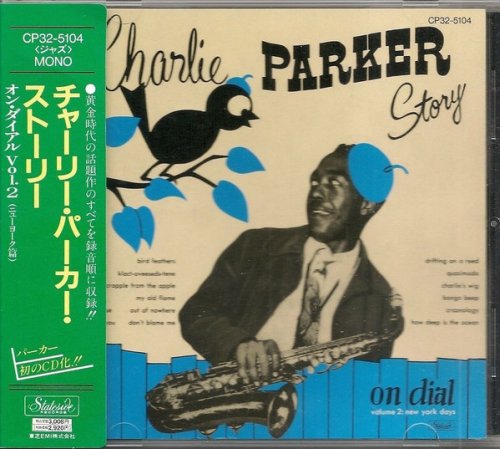
Artist: Charlie Parker
Title: Charlie Parker Story On Dial Vol. 2
Year Of Release: 1986
Label: Spotlite Records [CP32-5104]
Genre: Jazz
Quality: FLAC (*tracks, scans)
Total Time: 00:56:22
Total Size: 391 mb (+3%rec.)
WebSite: Album Preview
Parker's style of composition involved interpolation of original melodies over existing jazz forms and standards, a practice known as contrafact and still common in jazz today. Examples include "Ornithology" (which borrows the chord progression of jazz standard "How High the Moon" and is said to be co-written with trumpet player Little Benny Harris), and "Moose The Mooche" (one of many Parker compositions based on the chord progression of "I Got Rhythm"). The practice was not uncommon prior to bebop, but it became a signature of the movement as artists began to move away from arranging popular standards and toward composing their own material. Perhaps Parker's most well-known contrafact is "Koko," which is based on the chord changes of the popular bebop tune "Cherokee," written by Ray Noble.Title: Charlie Parker Story On Dial Vol. 2
Year Of Release: 1986
Label: Spotlite Records [CP32-5104]
Genre: Jazz
Quality: FLAC (*tracks, scans)
Total Time: 00:56:22
Total Size: 391 mb (+3%rec.)
WebSite: Album Preview
While tunes such as "Now's The Time", "Billie's Bounce", "Au Privave", "Barbados", "Relaxin' at Camarillo", "Bloomdido", and "Cool Blues" were based on conventional 12-bar blues changes, Parker also created a unique version of the 12-bar blues for tunes such as "Blues for Alice", "Laird Baird", and "Si Si." These unique chords are known popularly as "Bird Changes". Like his solos, some of his compositions are characterized by long, complex melodic lines and a minimum of repetition, although he did employ the use of repetition in some tunes, most notably "Now's The Time".
Parker contributed greatly to the modern jazz solo, one in which triplets and pick-up notes were used in unorthodox ways to lead into chord tones, affording the soloist more freedom to use passing tones, which soloists previously avoided. Parker was admired for his unique style of phrasing and innovative use of rhythm. Through his recordings and the popularity of the posthumously published Charlie Parker Omnibook, Parker's identifiable style dominated jazz for many years to come.
Other well-known Parker compositions include "Ah-Leu-Cha", "Anthropology", co-written with Gillespie, "Confirmation", "Constellation", "Moose the Mooche", "Scrapple from the Apple" and "Yardbird Suite", the vocal version of which is called "What Price Love", with lyrics by Parker.
Miles Davis once said, "You can tell the history of jazz in four words : Louis Armstrong. Charlie Parker"
Tracks:
1 Dexterity (Parker) 3:02
2 Bongo Bop (Parker) 2:48
3 Dewey Square [aka "Prezology"] (Parker) 3:32
4 The Hymn [aka "Superman"] (Parker) 2:30
5 Bird of Paradise (Parker) 3:14
6 Embraceable You (Gershwin) 3:50
7 Bird Feathers (Parker) 2:54
8 Klact-oveeseds-tene (Parker) 3:08
9 Scrapple from the Apple (Parker) 2:42
10 My Old Flame (Johnson, Coslow) 3:17
11 Out of Nowhere (Green, Hayman) 4:06
12 Don't Blame Me (McHugh, Fields) 2:50
13 Drifting on a Reed (Parker) 2:54
14 Quasimado (Parker) 2:55
15 Charlie's Wig (Parker) 2:44
16 Bongo Beep (Parker) 3:00
17 Crazeology (Harris) 3:00
18 How Deep is the Ocean (Berlin) 3:24
Personnel:
[# 1-6] Charlie Parker Quintet
Miles Davis - tp
Charlie Parker - as
Duke Jordan - p
Tommy Potter - b
Max Roach - dr
Recorded at WOR Studios, Broadway/38th., New York City ; October 28, 1947
[ # 7-12] Charlie Parker Quintet
Same as above
Recorded same place as above ; November 4, 1947
[# 13-18] Charlie Parker Sextet
Same as above, except
J. J. Johnson - tb, is added
Recorded same place as above ; December 17, 1947
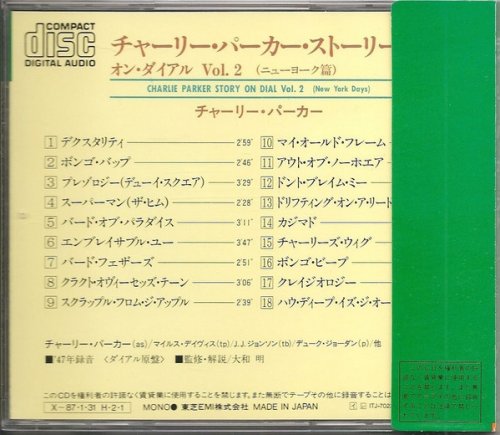
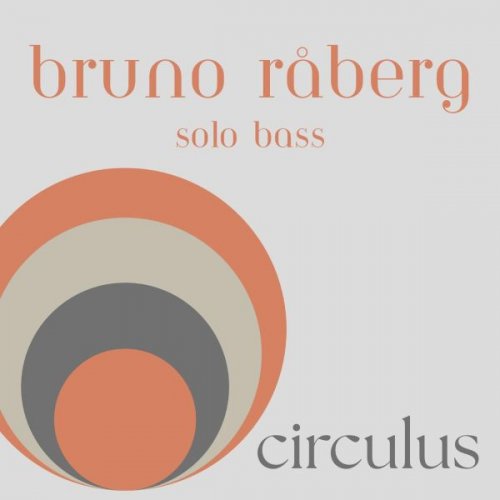
![Alcides Neto - Amú (2026) [Hi-Res] Alcides Neto - Amú (2026) [Hi-Res]](https://img.israbox.com/img/2026-02/26/mtckmw6jmvula60sukh6h3h26.jpg)
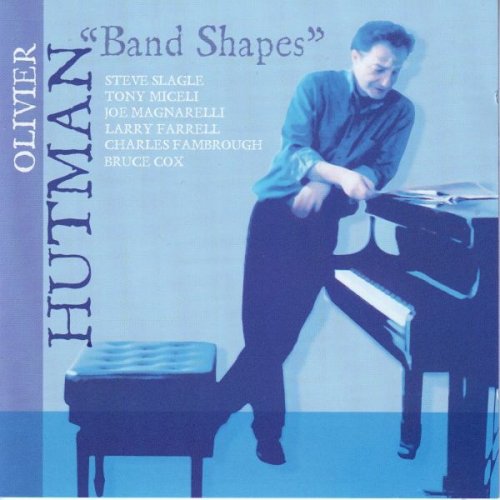

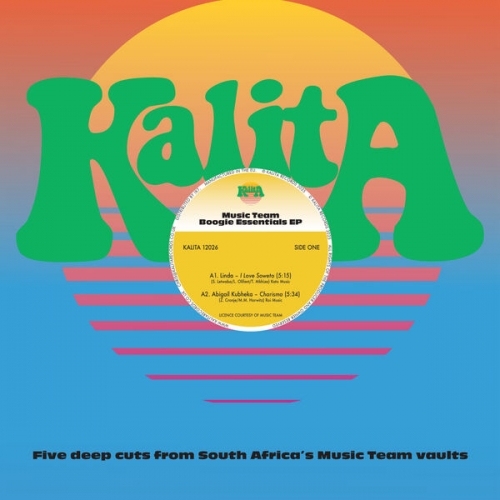
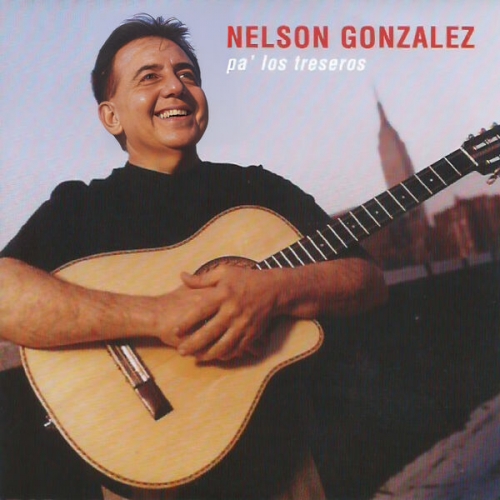
![Chris Forsyth's WHAT IS NOW - Both / And (2026) [Hi-Res] Chris Forsyth's WHAT IS NOW - Both / And (2026) [Hi-Res]](https://www.dibpic.com/uploads/posts/2026-02/1771839412_cover.jpg)
